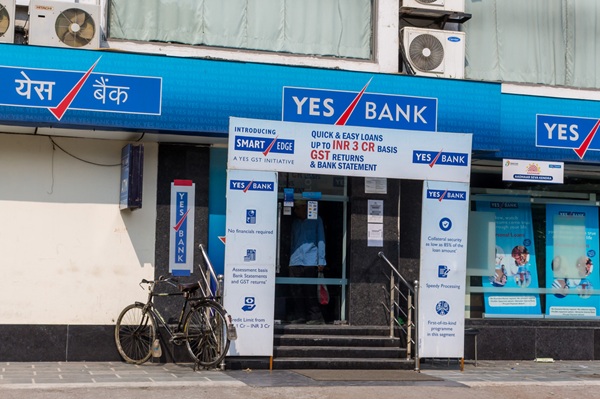.png)

Krishnadevan is Consulting Editor at BasisPoint Insight. He has worked in the equity markets, and been a journalist at ET, AFX News, Reuters TV and Cogencis.
November 10, 2025 at 2:27 PM IST
On the eve of Lenskart’s market debut, founder Peyush Bansal told employees and investors that “profit is oxygen, but purpose is breath.” It was a poetic flourish trying to make business sound like belief, commerce like conscience. The founder’s invocation of conscience arrived just as the grey-market premium for the company’s shares flatlined ahead of listing. The stock listed below its issue price, the only major IPO so far this year to do so, and closed barely above its issue price. The market’s response was unsentimental and swift; moral capitalism reads better in manifestos than in market tickers.
Lenskart Solutions Ltd’s debut captured a familiar pattern, where profit statements are wrapped in sermons and IPOs are laced with purpose. Every market cycle finds its favourite virtue. In 1999, it was “eyeballs.” In 2021, it was “ecosystems.” The grammar keeps evolving, but the underlying sentiment is constant — virtue is cheaper than returns.
Also Read: Lenskart Grooms to Wed the Market, Profits Must Endure the Morning After
This time, investors decided to call the bluff. The eyewear retailer’s issue was priced to perfection, leaving little air for fresh buyers. The grey market premium had once touched ₹108, implying a pop of over 25%, but evaporated before listing day. Turns out, you can’t outtalk arithmetic.
Lenskart achieved profitability by staging restraint rather than by scaling sustainably. Expansion slowed, hiring froze, and marketing went on a crash diet to create the illusion of discipline. Optometrists were cross-trained, expenses were reclassified, and depreciation was deferred to the balance sheet. Profit was scheduled as an event, not achieved as a process. It was less about transformation and more about timing.
That precision impressed private investors, but public markets are harder to choreograph. Once growth resumes, costs will rise faster than conviction, and margins will normalise. Markets have little patience for sermons that cannot survive scale.
The structure of the offering deepened the irony. A fresh issue of about ₹21.5 billion may fund new capacity and global expansion, but a hefty slice went to early shareholders cashing out. When insiders monetise faith while newcomers are asked to buy it, purpose starts to sound like PR. The gap between rhetoric and reward explains why the IPO story lost altitude so fast.
The weak listing was not a rejection of Lenskart’s fundamentals. It was a rejection of moral mark-up at stratospheric valuations. Investors are willing to fund conviction but not rhetoric, especially when the offer leaves nothing on the table. With uneven product experience, limited pricing power, and profits still finding their footing, Lenskart’s lofty valuation makes the trade-off look steep. When founders quote philosophy and funds quote exit multiples, the market plays referee, not disciple. Lenskart’s debut marked that correction of tone.
The episode shows how deeply purpose washing has seeped into India’s capital markets. From fintechs to fashion to tilemakers to jewellers, every company now claims to serve a higher calling, often when profits alone can’t carry the pitch. Lenskart has built something valuable, but it must now prove that purpose can breathe without the oxygen mask of pre-listing optimism.




